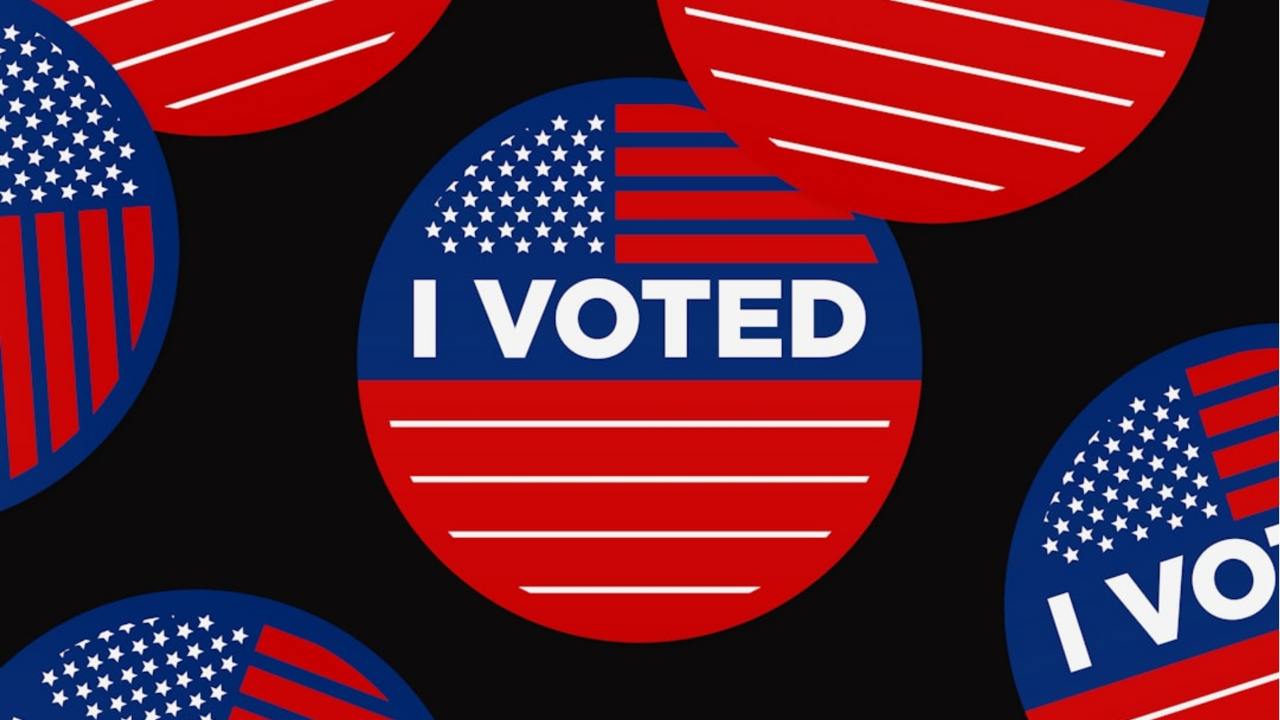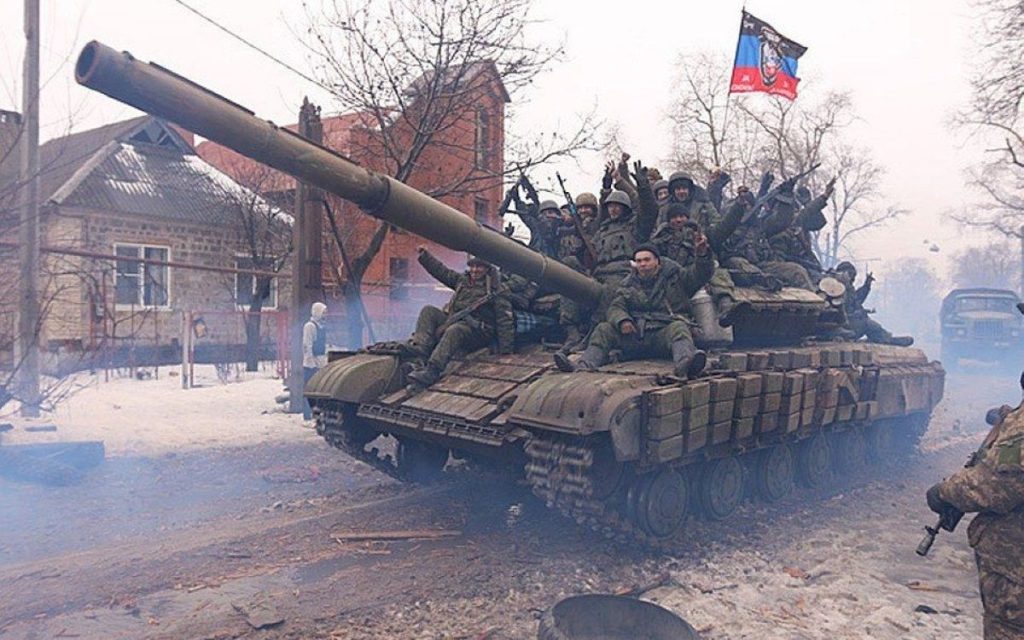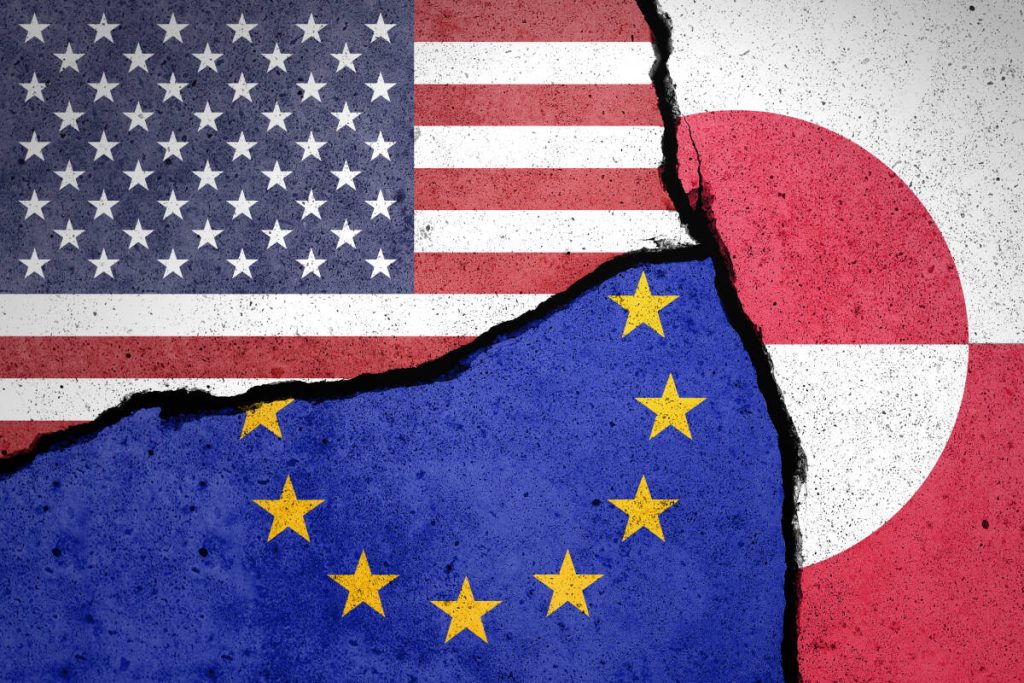With a return of Donald Trump to the White House, the global geopolitical landscape could change dramatically. Trump has expressed clear and, often, controversial positions on several international conflicts, making ambitious promises, such as ending the Ukrainian conflict in 24 hours. However, his return raises important questions about relations with Russia, NATO stability, and the balance in the Middle East and Asia. The Kremlin, meanwhile, seems to maintain a cautious distance from Trump’s statements, perhaps because it is not entirely convinced of the stability of his promises. So let us analyze the main strategic nodes that could be defined.
The conflict in Ukraine: a difficult promise to keep?
Trump has declared that he will end the conflict between Russia and Ukraine within 24 hours. However, the statement, while endearing, appears laden with complexities. The crisis in Ukraine has deep roots and very different implications and involves different instances between Russia, Ukraine, as well as the West’s strategic interest in the area. Trumpian rhetoric hints at a mediation approach that could be based on concessions to Moscow, an assumption that worries both Kiev and Washington itself in no small part, given the strategic importance the Biden administration has given to Ukraine.
Should the United States significantly reduce its economic and military support for Ukraine, the country would find itself in an extremely critical economic situation. To date, Kiev is largely dependent on U.S. aid to keep its economy afloat. Should the United States decrease its commitment, Ukraine could find itself in a highly unstable condition. In such a scenario, Moscow could advance more forcefully, and Ukraine would have no chance to thwart Russian troops.
Trump’s position on Israel, Palestine and Iran
Another sensitive issue concerns the Middle East, specifically Trump’s unconditional support for Israel against Palestine and Iran. Already during his previous administration, Trump recognized Jerusalem as Israel’s capital, prompting mixed reactions internationally. A new mandate could lead to a strengthening of this line, with even sharper support for Israel, and likely renewed pressure on Iran.
This could lead to increased tensions in the region. Iran, already diplomatically isolated and hit by heavy sanctions, could react by strengthening its alliances with countries such as China and Russia. In addition, the Israeli-Palestinian conflict could escalate: a Trump who does not allow room for diplomacy vis-à-vis Palestine could derail any prospect of dialogue, strengthening more radical positions within Israeli politics.
The Taiwan issue and Beijing’s role
Trump has advocated strengthening support for Taiwan against China, another highly sensitive issue. Indeed, tensions between Beijing and Taipei are at an all-time high, and open American support for Taiwan could be seen as a provocation by Beijing. China considers Taiwan its own province and has never ruled out the use of force to reunify the country. During his presidency, Trump had imposed trade sanctions on China, and a return to a policy of open rivalry could worsen relations between the two powers.
If the United States intensified its military support for Taiwan, this could cause a military response from China, increasing the risk of a direct confrontation between Washington and Beijing. The global implications of such an escalation would be enormous, potentially involving historical U.S. allies such as Japan, South Korea and Australia, with the risk of a widening conflict.
NATO and the future of the alliance
Trump’s return could also have repercussions for NATO, the military alliance that Trump had repeatedly criticized, going so far as to question the value and usefulness of the organization itself. If Trump decides to further decrease U.S. engagement within NATO, or reduce funding, European allies would have to increase their financial and military contributions. Countries such as Germany and France would have to assume a greater role, with all the difficulties this would entail, including at the political level.
Reduced U.S. commitment could thus open a new phase of uncertainty for the future of the alliance, prompting European countries to consider a common defense independent of the United States. An increase in the economic commitment of individual countries to a common defense could even lead to a collapse of the alliance, which, without the contribution of the United States and its nuclear deterrent, could become useless and force the EU to rethink its geopolitical and military role.
The Kremlin between hope and distrust
Russia has been watching Trump’s recent statements with interest, but the Kremlin has adopted a cautious stance. Trump’s words have been greeted with some skepticism, and the Russian leadership seems to want to avoid a clear stance. After all, promises made by Trump in the past have not always translated into concrete actions. Moscow may therefore see Trump’s return as an opportunity to ease Western pressure, but at the same time it does not want to rely too heavily on such an unpredictable figure.
The Kremlin hopes for a change in U.S. foreign policy that could lead to greater detente. However, Russian caution is understandable: Trump may find it difficult to carry out his intentions in case of congressional opposition, or because of the influence of officials who support a more traditional line for the continuation of U.S. foreign policy.
Conclusion: a global policy amid uncertainties and new balances
Trump’s return to the U.S. presidency opens up complex and partly unpredictable scenarios. His statements regarding ongoing conflicts and international relations highlight a strategy focused on breaking existing balances, with the aim of strengthening the American role through a pragmatic approach. However, the difficulty in delivering on these promises could leave America and the world in an even more complex situation.
The United States under the Trump administration could find itself in a delicate position. The relationship with Russia, the stability of NATO, and the management of tensions in the Middle East and Asia could redefine the current geopolitical order, leading to new alliances, but also to new local or regional conflicts.









